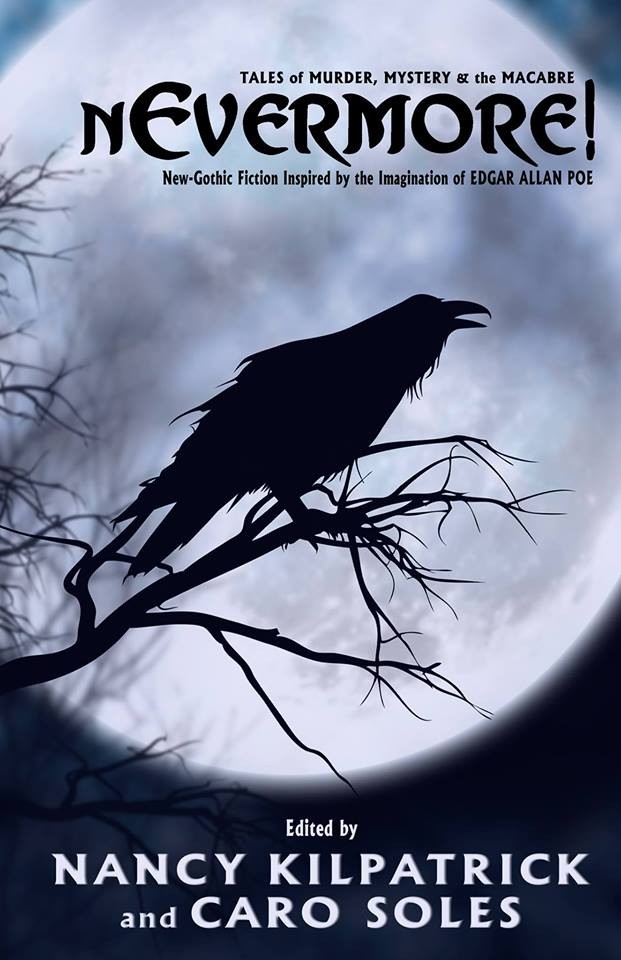I
will unfortunately be out of town when this posts, but I'd like to ask
you to join me in welcoming my friend and mystery writer B.K. Stevens to
our SleuthSayers group. She has signed on to be a part of our Saturday team, and we feel truly honored to have her on board. She is the author of two mystery novels--Interpretation of Murder (recently released by Black Opal Books) and Fighting Chance (coming
in October from The Poisoned Pencil /Poisoned Pen Press)--and many
short stories, most of which have appeared in the pages of Alfred Hitchcock's Mystery Magazine. Welcome, Bonnie! It's great to have you here.--John Floyd
In
my former life as an English professor, when I introduced composition
students to basic principles of logic, I often told a charming little
story about the origin of the term "red herring." English hunters, I
said, used red herrings to train hounds to stick to business while
tracking down a fox. The hunters would drag smoked or cured herrings,
which apparently have a reddish color, across the fox's path. If hounds
got thrown off scent by the pungent smell of the herrings, they weren't
ready for the hunt. |
Imagine my disappointment when I learned it isn't true. An English pamphleteer introduced the term "red herrings" in 1807, claiming he used them to train hunting dogs. But there's no evidence indicating he, or anyone else, ever actually did. A variation on the story, which claims fugitives used red herrings to confuse the bloodhounds pursuing them, also seems to have no basis in fact.
In my new life as a full-time mystery writer, I still contend with red herrings, but red herrings of a different sort. Not everyone in the mystery world agrees about how to define red herrings, or about how they should be used. I once worked with an editor who defined a red herring as a suspect who "in fact has nothing, zero, nada to do with the crime." (That's an exact quotation--I have the e-mail in front of me. And I pray the editor never reads this column.) A mystery can't be realistic unless it includes such red herrings, she argued. After all, in real life, detectives waste plenty of time chasing down leads that lead nowhere, that prove completely irrelevant to the crime.
I'm sure that's true. I suspect it's one reason police reports seldom make bestseller lists.
To me, a red herring is anything--a person, a clue, a theory--that temporarily throws the detective off scent, or at least seems to. It doesn't have to be completely unrelated to the crime. In my opinion, it shouldn't be. As a mystery reader, I get frustrated with red herrings that contribute nothing to the solution of the crime. I feel as if the author's padding the plot and wasting my time.
| Wikimedia |
On the other hand, let's say this suspect went to the victim's house because she was his stockbroker, and he'd realized she'd intentionally pushed him to invest in ways that would benefit her but bankrupt him. He didn't kill her, but his confession helps the detective figure out the motive of the actual murderer, another disgruntled client. That's a red herring that doesn't stink. Not every clue should lead directly to the murderer, but every clue should lead somewhere.
As a reader, I also resent it when the only truly relevant clue turns out to be one detail hidden in the middle of a paragraph on page 117. If I miss that detail, I'm out of luck. I have no chance of figuring out the solution to the mystery, because everything else in the novel is misdirection and fluff.
It's far more satisfying, I think, when every element of a mystery plot turns out to be relevant in some way, factually or thematically. The central challenge, for both the detective and the reader, is to figure out how clues are relevant, to put everything in context and realize how evidence should be interpreted.
A prime example of such a mystery is the first one I read as an adult, the one that set me on the path of eventually writing mysteries of my own. It remains my ideal of what a mystery should be. Gaudy Night is one of Dorothy L. Sayers' longest Lord Peter Wimsey novels (perhaps the very longest?) and contains many clues. (I'm tempted to say "hundreds of clues," but I'm not willing to count, so I'd better just say "many.")
In my opinion, not one of these clues is a mere red herring. Not one "in fact has nothing, zero, nada to do with the crime." Every clue points to the culprit, either directly or indirectly--every detail about every prank, every word in every poisoned pen message, every bit of information about which people the culprit targets and which people he or she doesn't target, even every amusing but seemingly irrelevant encounter Harriet Vane has with characters such as Reggie Pomfret and Viscount Saint-George.
Harriet keeps careful track of the clues, even putting together a sort of scrapbook, but her conscientious efforts don't lead her to the solution. The problem is that she's looking at the evidence from the wrong point of view. She's wrong about the nature of the fury driving the culprit, and therefore she's wrong about everything else. When Lord Peter examines the case from the right point of view, all the scraps of evidence snap into place, all pointing to one inevitable conclusion.
It's been decades, but I still remember how I felt when I first read Lord Peter's speech to the Senior Common Room. I literally smacked myself on the forehead. "Of course!" I thought. "That has to be it--it's the only way everything makes sense. Why didn't I see it until now? What an idiot I've been!"
Really good mysteries always make me feel like an idiot.
In any excellent literary work--mystery or otherwise--everything comes together. In D.H. Lawrence's "Odor of Chrysanthemums," all the references to chrysanthemums--the ones at Elizabeth Bates' wedding, the ones in the room when her daughter is born, the ones in her husband's button-hole the first time he's brought home drunk, the ones her son shreds in the yard, the ones she tucks into her apron band--come together when she lays out her husband's body in the parlor, and someone knocks over a vase of chrysanthemums. In a truly excellent mystery, all the red herrings come together at the end, and we realize they aren't mere red herrings after all.
So the story about hunters using red herrings to train their dogs is apparently only a myth. That's not so surprising. When you think about it, the story doesn't make much sense. Would an intelligent hunting dog be likely to show much interest in something that obviously smells fishy? Would an intelligent reader be likely to stay interested in a mystery filled with clues obviously designed only to deceive? To hold our interest and our respect, mysteries must present us with a rich array of clues. Some may seem merely distracting at first, but when we interpret them correctly and figure out how to fit them into the overall context, they all point us, ultimately, in the right direction.
 |
| Wikipedia |








 Gayle Lynds has done it to me again. Her new thriller, The Assassins, a July release from St. Martin's Press, opened, grabbed me by the throat and kept me up late two nights in a row. As much as I love sleep, this is a superb read and one missing a few hours of sleep over.
Gayle Lynds has done it to me again. Her new thriller, The Assassins, a July release from St. Martin's Press, opened, grabbed me by the throat and kept me up late two nights in a row. As much as I love sleep, this is a superb read and one missing a few hours of sleep over.















